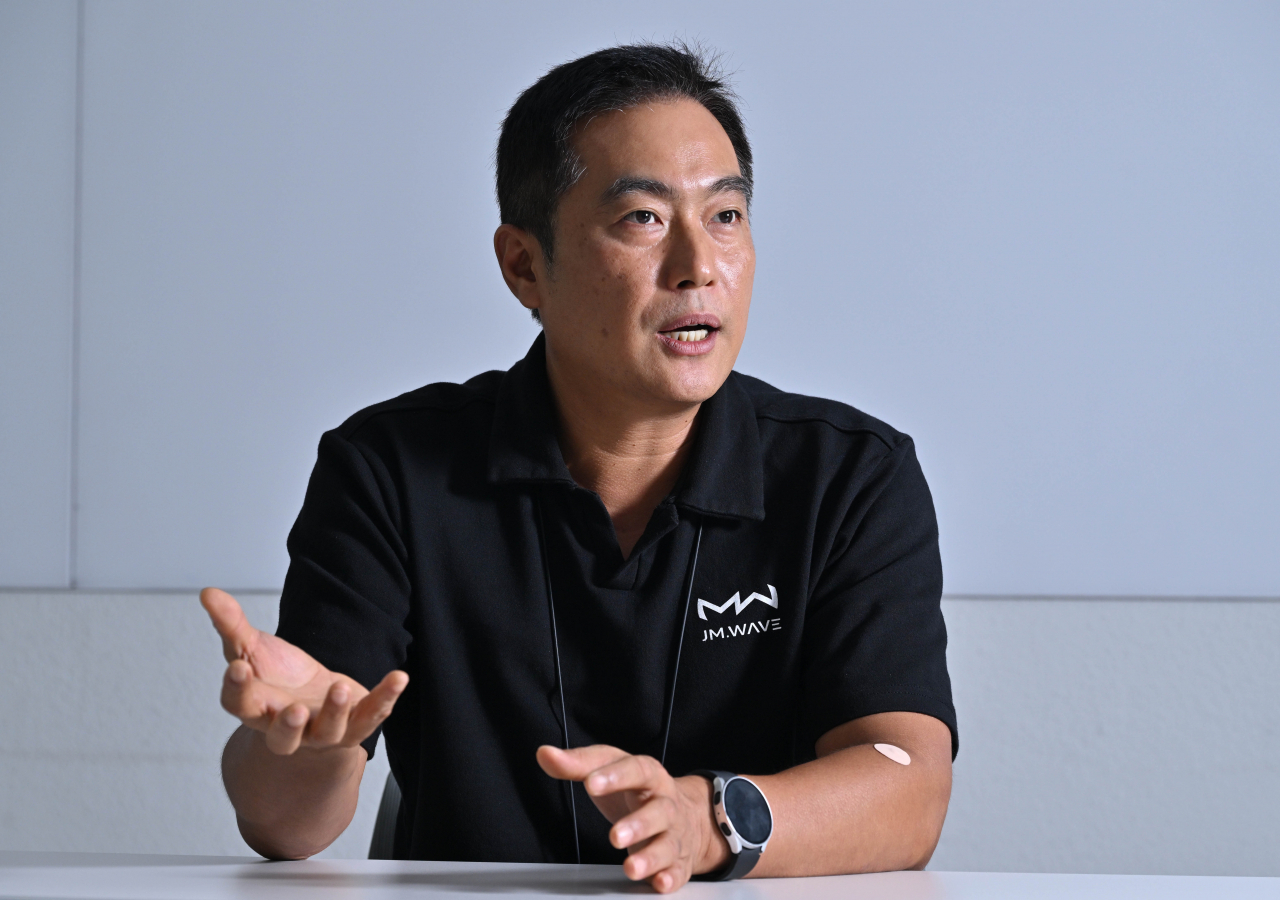
As automakers worldwide shift towards electric vehicles, Park Jeong-min, CEO of the Seoul-based startup JM.Wave, highlights the need to address the existing internal combustion engine cars. JM.Wave specializes in "repowering technology," which transforms these vehicles into electric ones, and has become the first company to gain regulatory approval from South Korea's Ministry of Land, Infrastructure and Transport after successfully passing a safety verification test. The company focuses on converting the most polluting vehicles, such as trucks, and can complete the transformation of a diesel-powered truck in just three days. According to the Korea Automotive Technology Institute, converting 56,000 diesel vehicles over a decade could significantly reduce carbon emissions. JM.Wave's approach is not only environmentally beneficial but also cost-effective, as converting a truck can cost around 20 million won ($14,500), but with government subsidies, the driver only pays 5 million won. This makes the cost roughly one-sixth that of purchasing a new electric vehicle, and the conversion process is much faster than the seven months typically required by car manufacturers. Following its success in Korea, JM.Wave is expanding internationally, having signed an agreement with the Indonesian government for motorcycle conversions and exploring electrified tuk-tuks in Cambodia. The company is also seeking global tech talent to support its growth, aiming to become a significant player in the automotive industry, similar to Apple's influence in tech. Recently, JM.Wave secured a 3 billion won investment and plans to pursue further funding to support its ambitious expansion plans.
